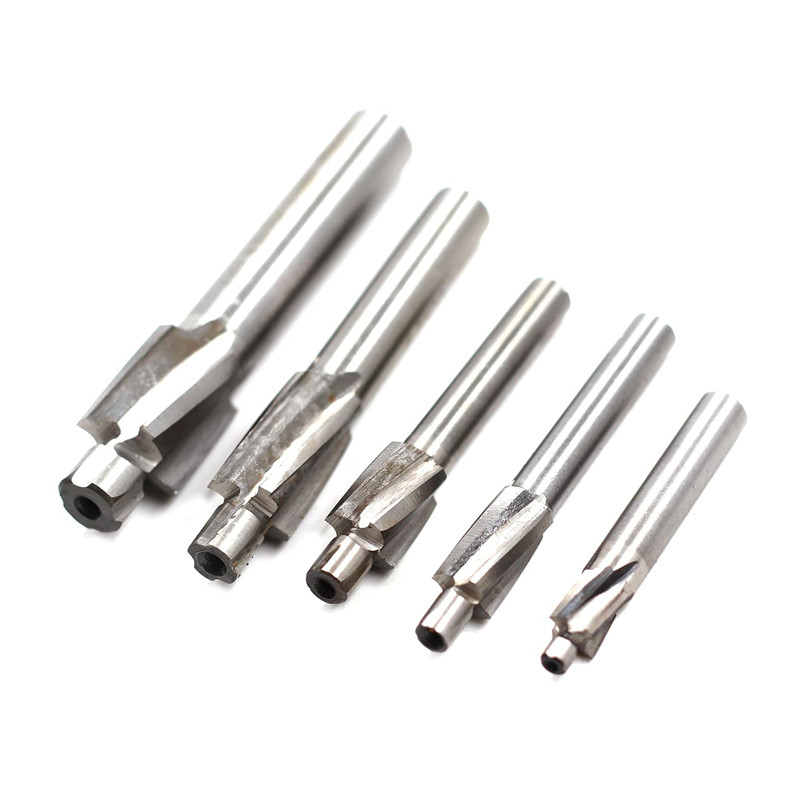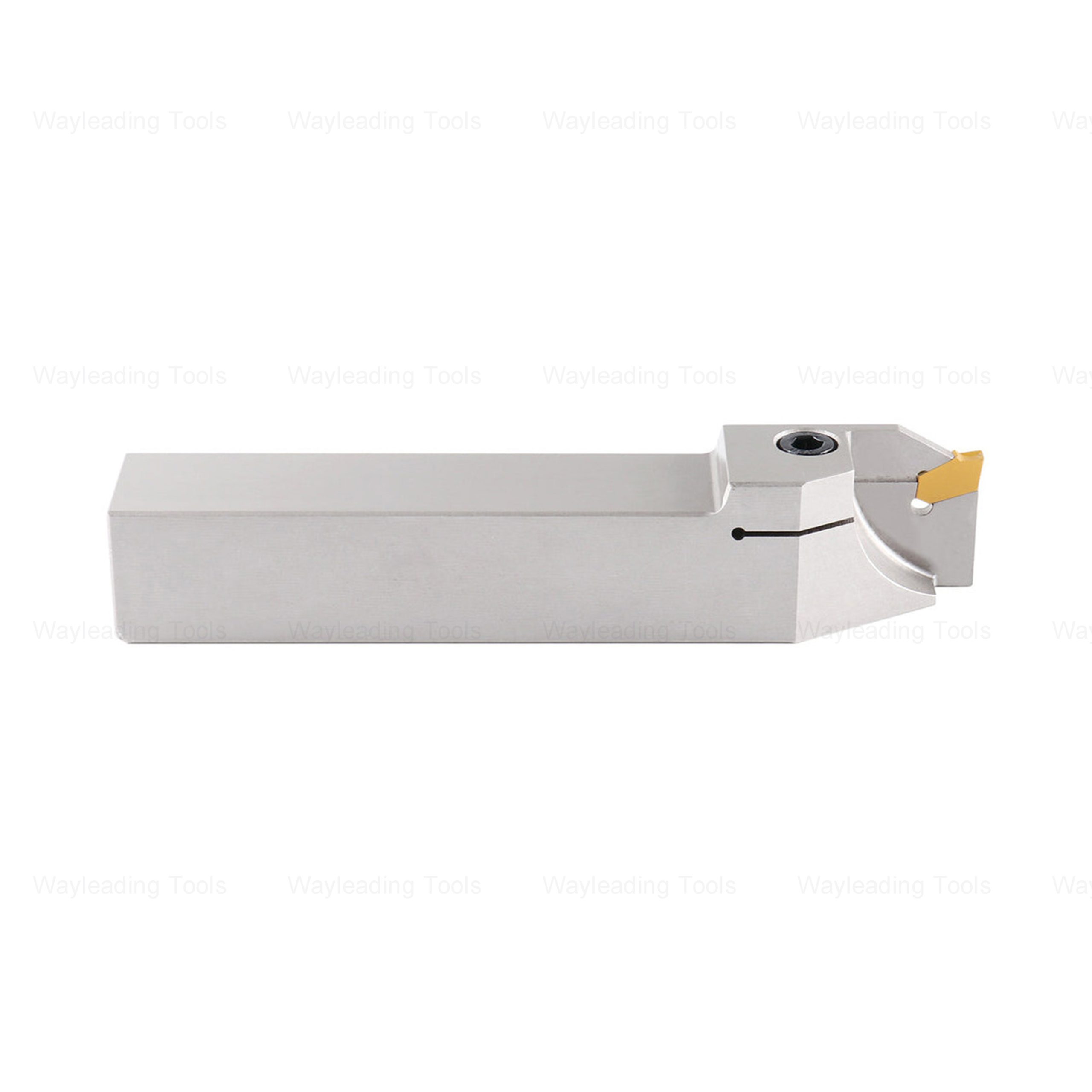plug gauge Manufacturer
Plug gauges are essential tools used to inspect the internal dimensions of holes, ensuring they meet specified tolerances. Choosing the right plug gauge manufacturer is crucial for quality control and maintaining manufacturing standards. This guide explores the key considerations when selecting a plug gauge manufacturer, the different types of plug gauges available, and the factors that affect their accuracy and lifespan.
Understanding Plug Gauges
What is a Plug Gauge?
A plug gauge, also known as a pin gauge or go/no-go gauge, is a precision measuring instrument used to check the accuracy of hole diameters. It consists of a cylindrical plug with specific dimensions and tolerances. Plug gauges are typically used in manufacturing and engineering to ensure that parts meet the required specifications. They are particularly useful for high-volume production where quick and reliable measurements are needed.
Types of Plug Gauges
Several types of plug gauges are available, each designed for specific applications:
- Go/No-Go Plug Gauges: These are the most common type and feature two ends: a 'go' end that should pass through the hole if it is within tolerance, and a 'no-go' end that should not pass through if the hole is within tolerance.
- Progressive Plug Gauges: Similar to go/no-go gauges, but with the 'go' and 'no-go' ends on the same side, allowing for faster inspection.
- Taper Plug Gauges: Used to check the accuracy of tapered holes.
- Thread Plug Gauges: Designed to inspect internal threads, ensuring they meet the required specifications.
- Adjustable Plug Gauges: Feature adjustable pins to accommodate a range of hole sizes.
Choosing the Right Plug Gauge Manufacturer
Selecting a reliable plug gauge manufacturer is critical to ensure the accuracy and longevity of your gauges. Here are some key factors to consider:
Experience and Reputation
Look for a plug gauge manufacturer with a proven track record and a solid reputation in the industry. Check online reviews, ask for references, and consider the manufacturer's experience in producing plug gauges for your specific application. Wayleading Tools, with years of experience, prides itself on providing high-quality gauging solutions, including plug gauges designed for precision and durability.
Manufacturing Capabilities
Ensure the manufacturer has the necessary equipment and expertise to produce plug gauges to your exact specifications. This includes CNC machining, grinding, lapping, and other precision manufacturing processes. It's crucial that they can handle the materials and tolerances required for your application. Plug gauges from Wayleading Tools are manufactured using advanced techniques to meet the most demanding standards.
Material Quality
The material used to make the plug gauge significantly impacts its accuracy and lifespan. High-quality tool steels, such as gauge steel or carbide, are preferred for their hardness, wear resistance, and dimensional stability. Verify that the manufacturer uses certified materials and can provide material certificates upon request. Wayleading Tools uses premium materials in the production of its plug gauges, guaranteeing exceptional performance and longevity.
Accuracy and Calibration
Accuracy is paramount when it comes to plug gauges. Ensure the manufacturer has a robust quality control system and can provide calibration certificates traceable to national or international standards (e.g., NIST). Check their calibration procedures and the frequency with which they calibrate their equipment. A reputable plug gauge manufacturer like Wayleading Tools, offers gauges with calibration certificates to assure accuracy and reliability.
Customization Options
If you require plug gauges with non-standard dimensions or features, choose a manufacturer that offers customization options. This includes the ability to produce plug gauges with specific lengths, diameters, tolerances, and materials. Check if they can also provide custom marking or engraving. Wayleading Tools can provide custom plug gauge solutions tailored to your specific needs.
Lead Time and Delivery
Consider the manufacturer's lead time and delivery capabilities. Ensure they can meet your production schedule and deliver the plug gauges on time. Ask about their shipping options and packaging methods to ensure the gauges arrive in good condition. Wayleading Tools is committed to providing timely delivery of high-quality plug gauges, understanding the importance of keeping your production running smoothly.
Cost
While cost is an important factor, it should not be the only consideration. Focus on the overall value, including the quality, accuracy, and lifespan of the plug gauges. Lower-priced gauges may seem attractive initially, but they may not provide the required accuracy or durability, leading to higher costs in the long run. Request quotes from multiple manufacturers and compare the overall cost, including shipping and handling. It's important to note that Wayleading Tools offers competitive pricing on high-quality plug gauges, providing exceptional value for your investment.
Maintaining and Caring for Plug Gauges
Proper maintenance and care are essential to ensure the accuracy and longevity of your plug gauges.
Cleaning
Keep plug gauges clean and free from dirt, oil, and debris. Use a clean, lint-free cloth to wipe them after each use. Avoid using abrasive cleaners or solvents that could damage the gauge surface.
Storage
Store plug gauges in a clean, dry place to prevent corrosion and damage. Use protective cases or containers to prevent them from being scratched or dented. Avoid storing them in direct sunlight or extreme temperatures.
Inspection
Regularly inspect plug gauges for signs of wear, damage, or corrosion. Check the gauge surface for scratches, dents, or other imperfections. If you notice any damage, replace the gauge immediately.
Calibration
Calibrate plug gauges regularly to ensure they maintain their accuracy. Follow the manufacturer's recommended calibration schedule or the requirements of your quality control system. Use calibrated measuring instruments and follow established calibration procedures.
Applications of Plug Gauges
Plug gauges are used in a wide range of industries and applications, including:
- Automotive Manufacturing: Ensuring the accuracy of engine components, transmissions, and other critical parts.
- Aerospace Manufacturing: Inspecting the dimensions of aircraft components, such as fuel lines, hydraulic systems, and landing gear.
- Medical Device Manufacturing: Verifying the accuracy of medical implants, surgical instruments, and other medical devices.
- Electronics Manufacturing: Checking the dimensions of electronic components, such as connectors, sockets, and printed circuit boards.
- General Manufacturing: Inspecting the accuracy of machined parts, castings, and other manufactured products.
By understanding the different types of plug gauges available, the key factors to consider when choosing a manufacturer, and the importance of proper maintenance and care, you can ensure that your plug gauges provide accurate and reliable measurements for years to come.
Remember to always consult with a reputable plug gauge manufacturer like Wayleading Tools to discuss your specific needs and requirements. Their expertise and experience can help you select the right plug gauges for your application and ensure that you achieve the highest levels of quality and accuracy.
Related products
Related products
Best selling products
Best selling products-
 TCT Annular Cutters With Weldon Shank For Metal Cutting
TCT Annular Cutters With Weldon Shank For Metal Cutting -
 HSS Threading Taps – ISO 529, Straight Flute, Spiral Flute & Spiral Point
HSS Threading Taps – ISO 529, Straight Flute, Spiral Flute & Spiral Point -
 30PCS HSS Metric And Inch Size MINI Tap & Die Set
30PCS HSS Metric And Inch Size MINI Tap & Die Set -
 HSS Inch Screw Slotting Saws For Industrial With Bright Or TiN Coated
HSS Inch Screw Slotting Saws For Industrial With Bright Or TiN Coated -
 Carbide Tipped Hole Cutter For Cutting Stainless Steel And Iron Or Steel Plate
Carbide Tipped Hole Cutter For Cutting Stainless Steel And Iron Or Steel Plate -
 HSS ISO Metric Round Die Wieh Splite Or Adjustable Splite Type
HSS ISO Metric Round Die Wieh Splite Or Adjustable Splite Type -
 Inch HSS Step Drills with Straight Flute
Inch HSS Step Drills with Straight Flute -
 Precision V Block Set With High Quality Type
Precision V Block Set With High Quality Type -
 Precision Monoblock Vernier Caliper With Nib Style Jaws Of Metric & Imperial For Industrial
Precision Monoblock Vernier Caliper With Nib Style Jaws Of Metric & Imperial For Industrial -
 Precision V Block And Clamps Set With Customized Type
Precision V Block And Clamps Set With Customized Type -
 SCFC Indexable Boring Bar
SCFC Indexable Boring Bar -
 Indexable Square Shoulder End Mill For Industrial
Indexable Square Shoulder End Mill For Industrial











